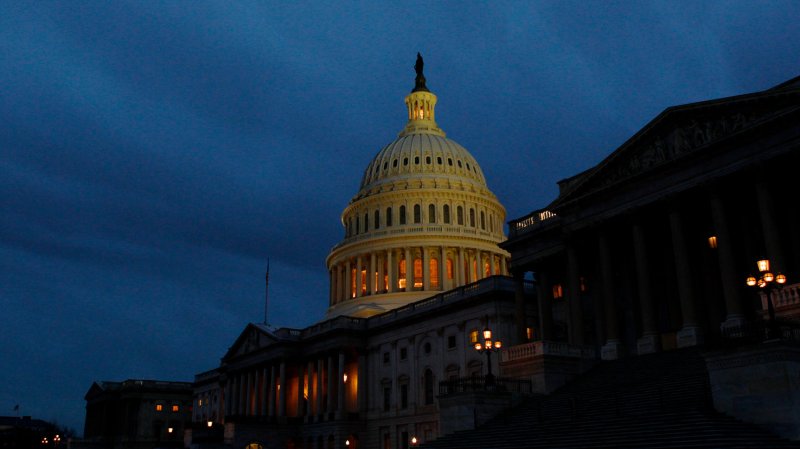WASHINGTON, Jan. 1 (UPI) -- Ending the payroll tax break, effectively cutting take-home pay for all wage earners, is likely to slow the U.S. economy in 2013, economists say.
J.P. Morgan Chase estimated that ending the cut of 2 percentage points that has reduced the payroll tax to 4.2 percent for the past two years would remove a total of $125 billion in income from paychecks a year, The Wall Street Journal reported. Several economists told the newspaper that would slow growth by half a percentage point in an economy now growing by only 2 percent annually.















